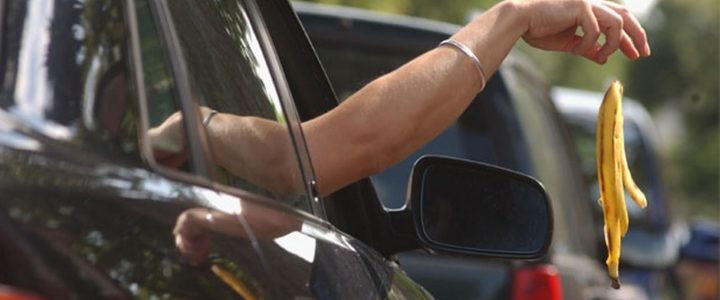Britain’s best eco-warriors on the roads have been revealed in a survey for Auto Trader, and there are a few surprises.
Their survey has also shown up the least green owners.
Top 5 Drivers With The Best Eco-habits
Lexus Drivers: Lexus drivers are crowned the drivers with the best eco-habits, thanks to their pioneering behavior in reducing road congestion and emissions, with an impressive 63% frequently carpooling. Beyond sharing rides, Lexus drivers are also public transport advocates, as a majority (88%) of Lexus drivers admit opting for public transport over personal vehicles, demonstrating their dedication to reducing emissions on the road. Furthermore, Lexus owners also adopt consistent sustainable eating habits. Not only are 3 in 4 (75%) Lexus drivers embracing a vegan diet for sustainability reasons, a high number of Lexus drivers claim to prioritize purchasing food with fewer air miles – highlighting their commitment to reducing their impact on the environment.
Tesla Drivers: Unsurprisingly, Tesla drivers are setting a high eco-standard. Aside from all driving an electric car, the Tesla drivers surveyed all claim to use their own water bottle, and an impressive 94% switch their washing machines to an eco-friendlier 30-degree cycle, significantly reducing their carbon footprint. Furthermore, over half (56%) of Tesla drivers opt to shop in refill stores, championing the reduction of waste packaging in their daily lives and a grand majority (81%) claim to buy second hand items for sustainability reasons.
Porsche Drivers: Porsche owners round up the top three drivers with the best eco-habits. Not only do they stand out with 100% claiming to prefer air drying over tumble drying, thus saving energy, and reducing greenhouse gas emissions, but the majority of Porsche drivers also claim to adopt a slower driving style to save fuel and lower emissions.
Audi Drivers: Audi drivers demonstrate a commitment to sustainability when it comes to buying products, with 61% claiming to research the sustainability of brands and products before making a purchase. Owners of the German vehicles also prove to be eco-conscious in everyday shopping, with 56% of Audi drivers claiming to shop in refill stores to reduce waste packaging.
Land Rover Drivers: Much like Lexus drivers, Land Rover owners are devoted recyclers, with 100% of them actively participating in recycling efforts at home, helping them land in the fifth position of drivers with the best eco-habits. Moreover, 95% of Land Rover drivers help reduce their environmental footprint by switching their washing machines to a more energy-efficient 30-degree cycle.
Others are slightly behind the curve.
Suzuki Drivers: Suzuki drivers, it seems, aren’t too keen on recycling, with 74% of those who drive the Japanese brand showing a reluctance to recycle regularly at home, highlighting a missed opportunity to reduce waste and conserve resources. Likewise, at 29%, they are one of the motorists least likely to avoid eating meat for sustainable reasons.
Seat Drivers: While we all love a hot drink while out and about, disposable cups should be avoided to reduce the ever-growing issue of single-use plastic waste. Seat drivers, however, seem less than keen on the matter, with less than half confirming they bring a reusable cup for hot drinks.
Toyota Drivers: As well as general low eco-habit adoption scores across the board, a clingfilm conundrum places Toyota owners among the worst eco offenders, as they stand out as the least likely to use Tupperware or reusable wraps, often opting for clingfilm or foil, which can contribute to plastic waste.
Vauxhall Drivers: Much like Seat drivers, Vauxhall owners suffer from cup dependency. With 41% of Vauxhall drivers not using their own cups for hot drinks, there is a missed opportunity to help reduce single-use plastic waste.
Erin Barker, editorial director at Auto Trader, said, “At Auto Trader we’re passionate about supporting consumers with their environmentally friendly vehicle and journey choices.
From upgrading an older petrol car to a newer, cleaner one or switching to an e-bike for your city commute, there are plenty of ways we can reduce our environmental impact. It’s encouraging to see from this study how many eco-habits have been adopted into our daily lives and we would love to see more drivers making more environmentally conscious decisions on the road, whether it’s sparking your electric journey with a pre-loved electric car, or simply reducing your car’s emissions with a smoother, slower drive.”


